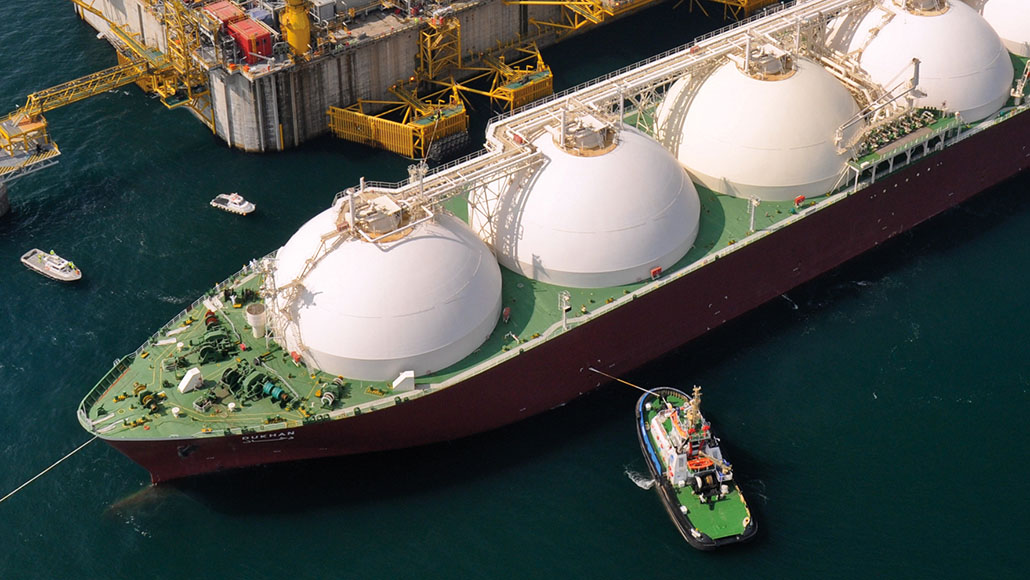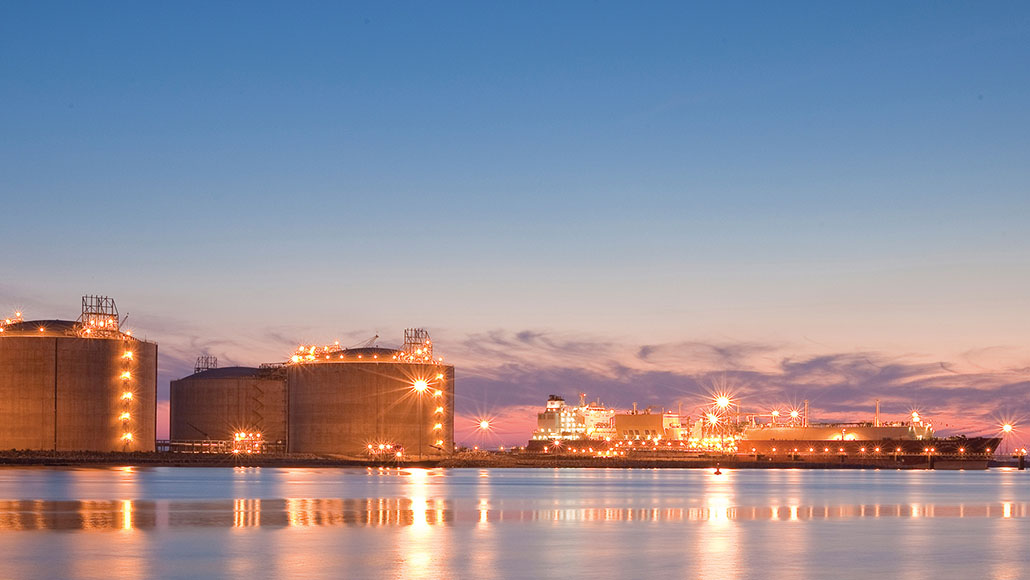selected item
Article
The role of oil and gas in Europe
Energy is at the heart of every home and business in Europe: secure and affordable energy is what keeps our economy going. Meeting the world’s growing demand for energy presents a tremendous challenge that requires a long-term view, significant investment, and continued innovation.
Article
Global energy demand will continue to rise through 2040, reflecting its fundamental link to growing prosperity and better living standards for an increasing population worldwide. According to the IEA’s 2018 New Policy Scenarios, the increase in demand would be about twice as much if it were not for continued improvements in energy efficiency, which the IEA states is a powerful policy tool to address energy security and sustainability concerns. At the same time, natural gas will meet more than 80 percent of this increase in demand, according to the IEA’s 2018 Energy Outlook.
Oil provides the raw materials (feedstock) that make creating essential products possible – from smartphones and vehicles, to insulation and textiles. Mechanical technologies, such as wind turbines, also require oil-based products, in the form of lubricants which enable them to operate smoothly. Oil will continue to be the primary source of energy for transportation and as a feedstock for chemicals.
As energy demand for power generation accounts for about 50 percent of global demand growth, natural gas is reliable and efficient for baseload electricity generation. Its flexibility makes it well suited to meet peak demand and back-up intermittent renewables; and proven and emerging technologies could allow the use of gas to become carbon neutral, while preserving its cleaner burning properties and affordability. Demand for natural gas is expected to grow nearly 40 percent from 2016 to 2040, led by increasing use to help meet rising electricity demand with lower-emission fuels.
Oil and gas together represent €420 billion in European government revenues (the equivalent of around 2.7 percent of EU GDP) and 1.1 million jobs. Europe and Asia Pacific account for about 85 percent of liquefied natural gas imports in 2016 and 95 percent of the growth from 2016 to 2040. Europe leverages competitive liquefied natural gas to diversify its natural gas import portfolio.
Meeting growing demand for energy presents a tremendous challenge that requires a long-term view, significant investment, and continued innovation. ExxonMobil is a global leader in upstream business, including exploration, development, production, natural gas marketing and energy research. Continuing to incorporate best practices from across our global operations enables us to create and drive value for Europe.
Read more about our upstream operations in Europe here.
Oil provides the raw materials (feedstock) that make creating essential products possible – from smartphones and vehicles, to insulation and textiles. Mechanical technologies, such as wind turbines, also require oil-based products, in the form of lubricants which enable them to operate smoothly. Oil will continue to be the primary source of energy for transportation and as a feedstock for chemicals.
As energy demand for power generation accounts for about 50 percent of global demand growth, natural gas is reliable and efficient for baseload electricity generation. Its flexibility makes it well suited to meet peak demand and back-up intermittent renewables; and proven and emerging technologies could allow the use of gas to become carbon neutral, while preserving its cleaner burning properties and affordability. Demand for natural gas is expected to grow nearly 40 percent from 2016 to 2040, led by increasing use to help meet rising electricity demand with lower-emission fuels.
Oil and gas together represent €420 billion in European government revenues (the equivalent of around 2.7 percent of EU GDP) and 1.1 million jobs. Europe and Asia Pacific account for about 85 percent of liquefied natural gas imports in 2016 and 95 percent of the growth from 2016 to 2040. Europe leverages competitive liquefied natural gas to diversify its natural gas import portfolio.
Meeting growing demand for energy presents a tremendous challenge that requires a long-term view, significant investment, and continued innovation. ExxonMobil is a global leader in upstream business, including exploration, development, production, natural gas marketing and energy research. Continuing to incorporate best practices from across our global operations enables us to create and drive value for Europe.
Read more about our upstream operations in Europe here.
Related content
Key benefits of natural gas
Secure, reliable, competitive and sustainable, natural gas is the sensible choice to reach Europe's energy goals today.
Article
•

Fueling the future: cleaner-burning liquefied natural gas demand forecasted to triple by 2040
ExxonMobil has operated in the liquefied natural gas marketplace for over 40 years. With our global partners, we continue to drive research and development to make liquefied natural gas available around the world.
Article
•

A broad portfolio of global liquefied natural gas operations continues to grow
ExxonMobil has led the industry in liquefied natural gas (LNG) integration and technology development. As our ventures in Qatar and Papua New Guinea progress, we can meet growing demands more easily.
Article
•